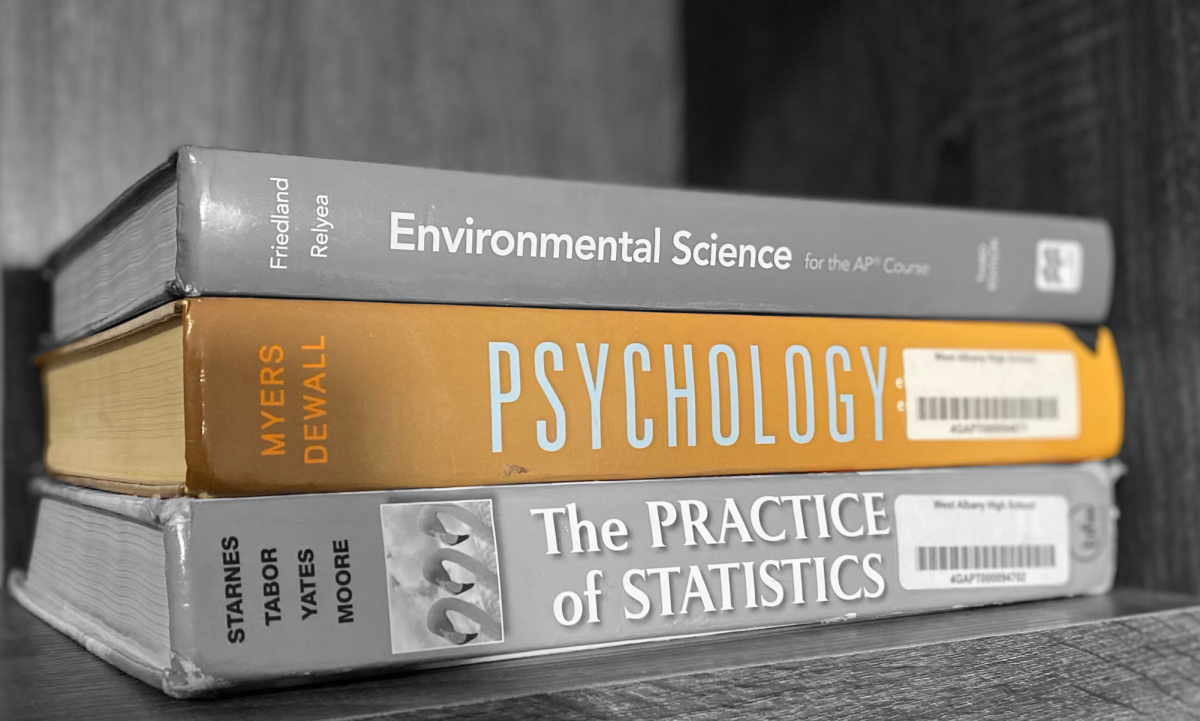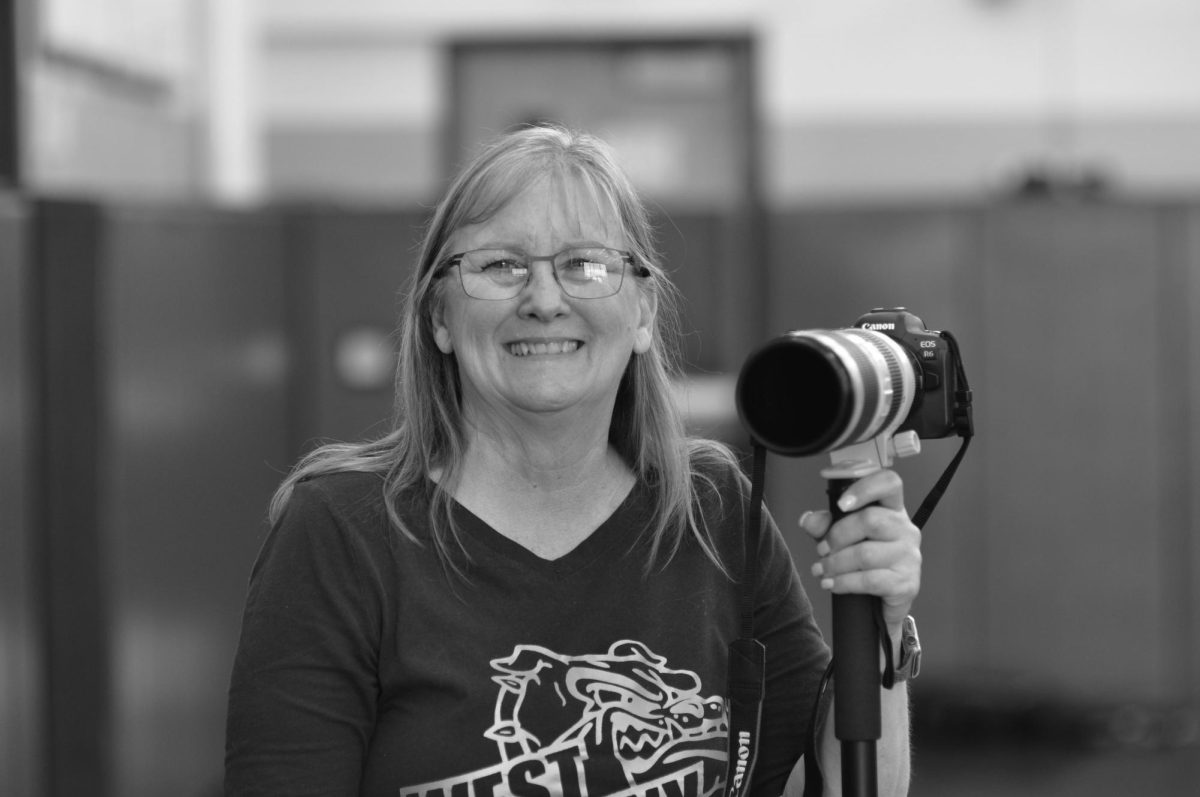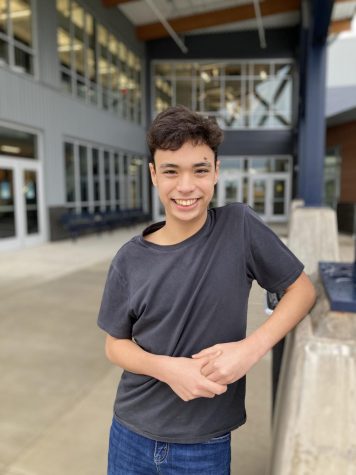“Teen Girls Are Facing a Mental Health Epidemic. We’re Doing Nothing About It” reads a February 2023 Time Magazine article. In May of that same year, another article on mental health got published, saying “The U.S. Surgeon General Fears Social Media Is Harming the ‘Well-Being of Our Children.’”
Time after time again headlines like these feel like a regular occurrence, and all of them share a similar theme: the words they use. Words like mental health, social media, suicide, and loneliness. All words that when combined with other words such as “Gen Z” or “adolescent” allows that next middle aged reporter another story to tell of how society’s youth and upcoming generations are struggling.
Sure, these reporters are giving a voice to young teens by allowing them to share their own experiences, rather than exhausting one stat and then moving onto the next without providing a human connection to the problem at hand. But, who’s writing about the solutions to this fire alarm of so-called informative headlines?
The New York Times has. “New York City Is Offering Free Online Therapy to Teens: Will It Work?” reads one article published in December 2023. “Will it Work?” the article asks. To a group in a metaphorical hole screaming for help, should we be talking about solutions that need to be questioned if they will be effective? The answer here is no, and its antithesis lies in the Chinese proverb of “Give a man a fish, feed him for a day. Teach a man to fish, feed him for a lifetime.”
The real solution is to require high school students to take a yearlong psychology class freshman year as part of a graduation requirement.
Psychology classes, such as Advanced Placement Psychology, cover topics from the science of sleep to different types of therapy to why we behave the way we do in various social settings. Through relevant, applicable information, students will be engaged in learning, and students themselves see the value of obtaining it. According to the College Board, AP Psychology was one of the top five most desired classes seniors in 2022 and 2023, who didn’t have access to the class, wanted to take.
The lessons learned in psychology hold more intrinsic value than any other class required currently in high school. It doesn’t matter what plans a student has post high school, because they will still face negative thoughts and feelings, and the triggering events will follow and become more and more amplified as they make their way through adulthood. With learning psychological methods to cope and understand why a student is feeling this way it can help them to manage themselves where other resources aren’t present.
This ever worsening environment is why a psychology class is a prevailing solution to online therapy – not everyone will be able to afford it once completing their secondary education. Places like New York City are giving their students a fish so they can be “fed” through high school; however, many won’t connect the dots that those same methods that can be done in therapy can be applied at home as well. That’s even if their parents will sign the consent form required to participate in the program, as required in New York, which may prove difficult for students with parents who dismiss the need or effectiveness of therapy.
The practice of exposure therapy and cognitive therapy, among other types that are taught in a class such as AP Psych, gives true equality when it comes to the start of a solution in addressing mental health.
Anybody, anywhere, can look at their phone and look at the last five people they texted to be reminded that people care about them. They just have to be taught it, and a required psychology class would be a start to providing students with those skills.





